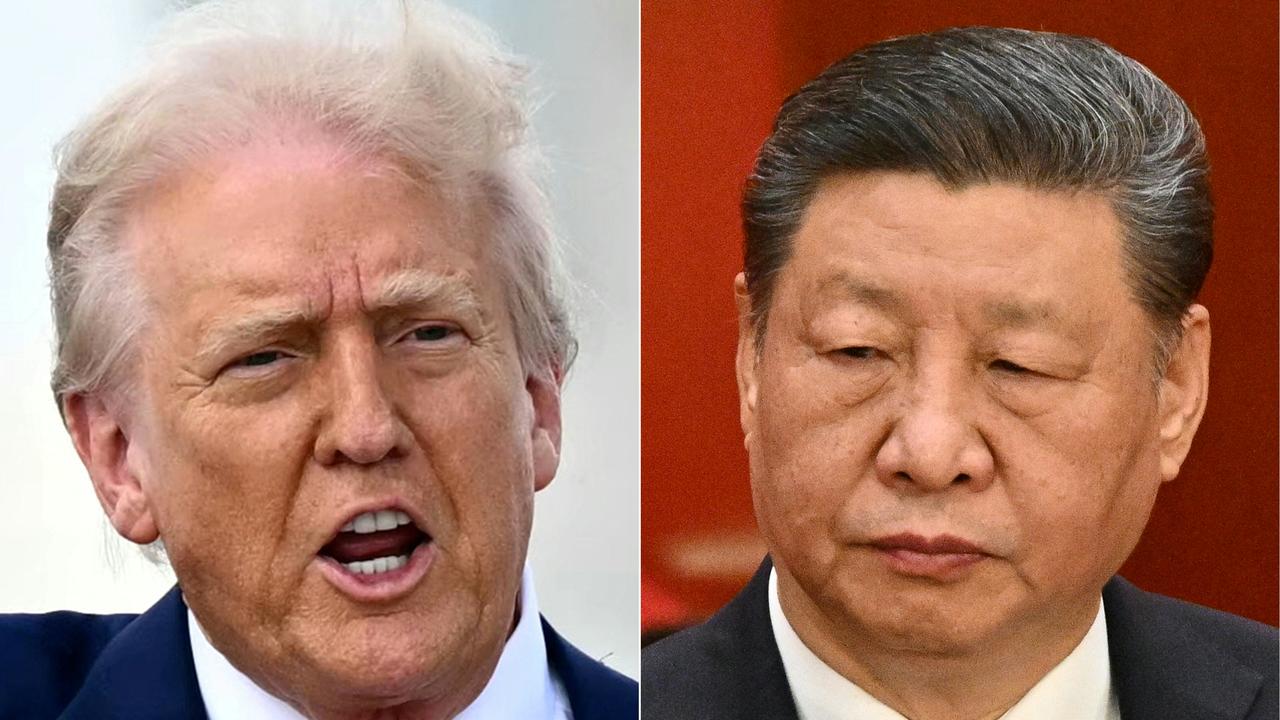Key nation ditches Taiwan for China, leaving Australia in the dust
It’s a tiny island but it has a huge significance to Australia. Now it has decided to embrace China.
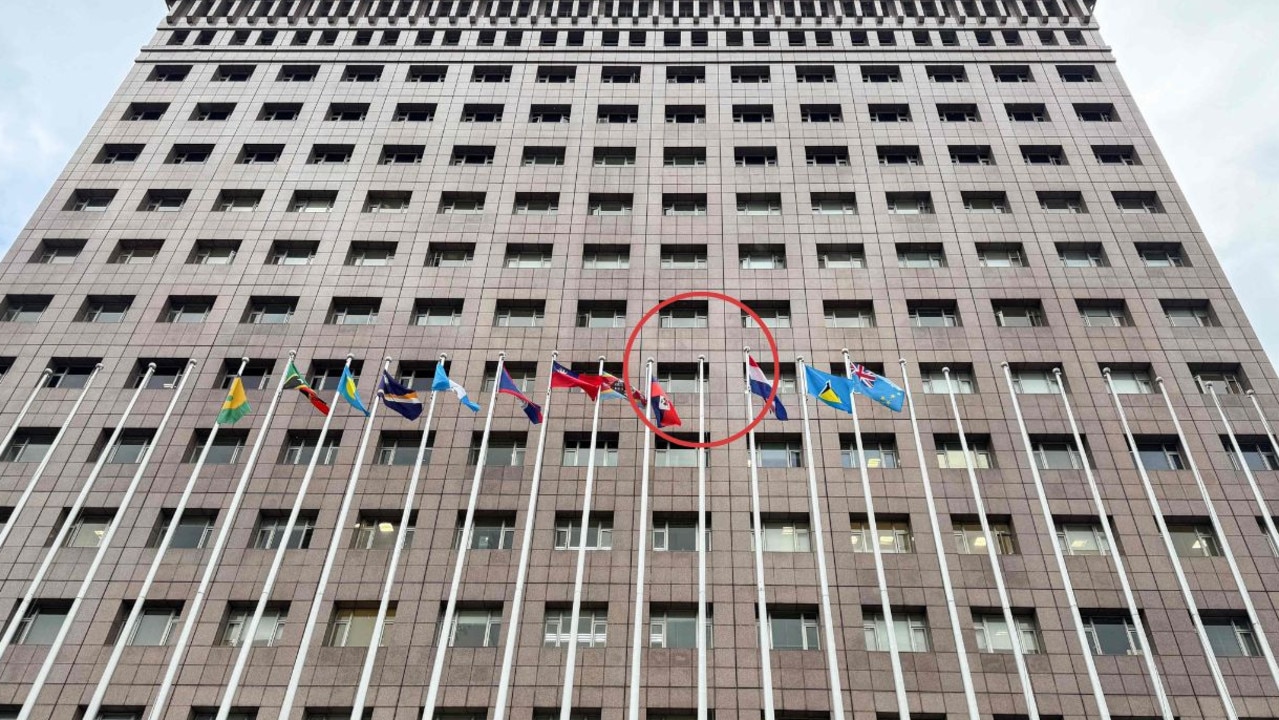
ANALYSIS
It’s a tiny, remote rock lost in the depths of the Pacific Islands. But Nauru has long had a disproportionately powerful presence in international affairs. Now its decision to embrace China has produced severe diplomatic – and domestic – fallout for Australia.
On January 15, the 21 square-kilometre island nation announced it was ditching diplomatic recognition of Taiwan in exchange for a new deal with China.
It was a blow for Taipei, which now has just 12 remaining diplomatic allies, including the Pacific states of Palau, Tuvalu and the Marshall Islands.
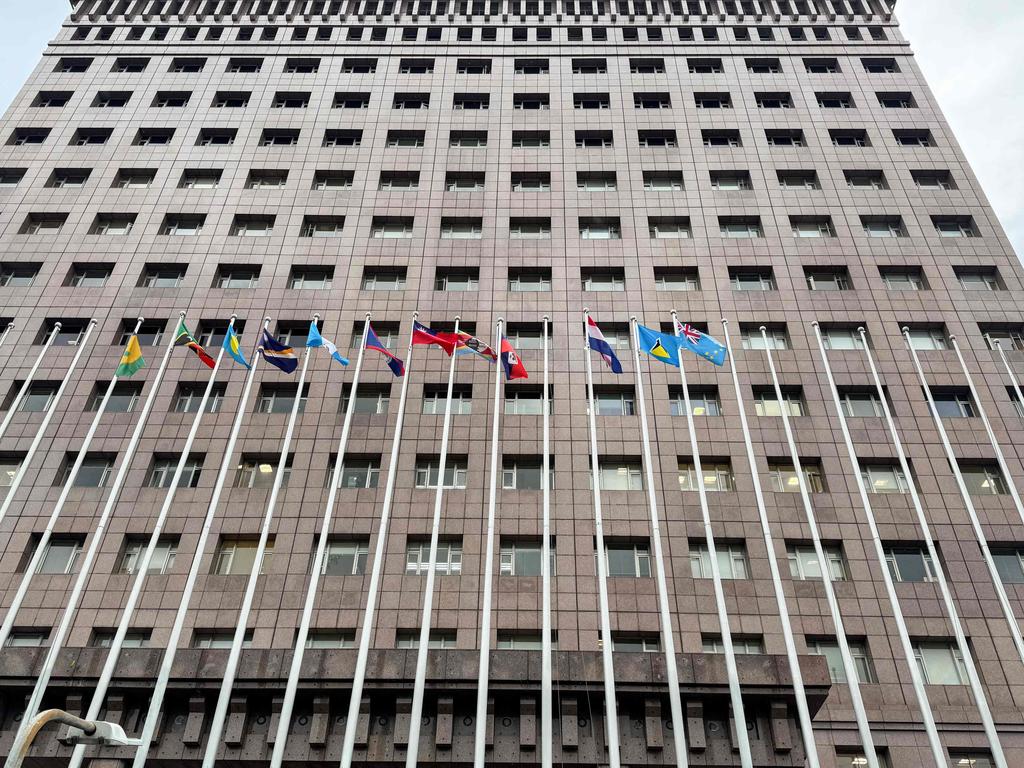
And Canberra’s controversial ‘Pacific Solution’ detention centre on the island may have played a role in Beijing’s coup.
“The detention centre is still being funded, and a small number of immigrants are still accommodated there,” says Dr Patricia O’Brien of the Australian National University’s Department of Pacific Affairs. “[But] Taiwan has blamed Australia’s moves to end this funding line as the reason Nauru switched to recognising China.”
A secure income is a problem for Nauru.
The island was once a rich source of phosphates used in fertilisers. Immense amounts were dug up and transported to Australia, New Zealand and Britain – leaving large parts of the nation a desolate moonscape of unvegetated rock.
That leaves only its territorial waters and diplomatic influence on neighbouring Pacific states as marketable assets.
“Nauru would have shuttled between Taiwanese and Chinese representatives, seeking to raise the bid as high as possible,” argue Lowy Institute think-tank analysts Dr Meg Keen and Mihai Sora.
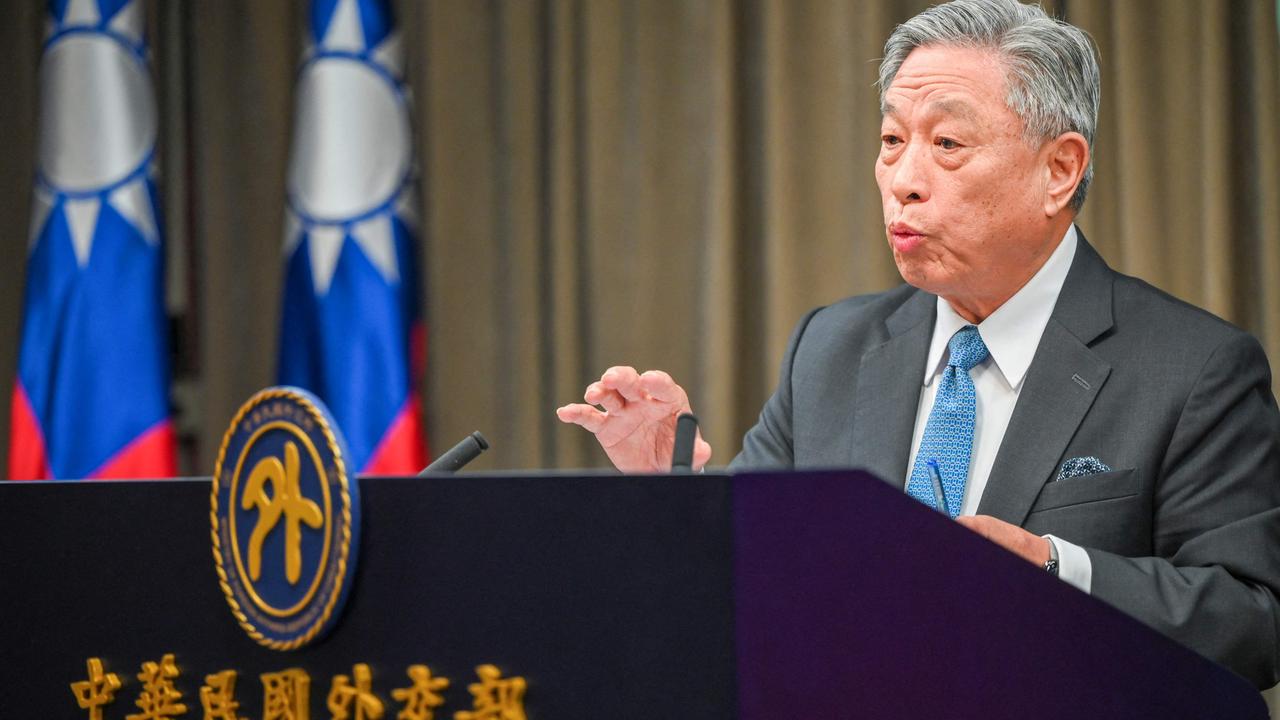
Outsourcing national security
Taiwanese media reports Nauru had sought an increase in annual aid funding to about US$83 million ($126 million). But before Taipei responded, Beijing had stepped in with an offer of US$100 million ($152 million).
“Without a doubt there were sweeteners. That’s politics,” the Lowy Institute analysts write. “This is China signalling that its diplomatic capacity outstrips Taiwan’s and that its influence in the Pacific is growing.”
China’s Ambassador to Australia, Xiao Qian, insisted on Wednesday that China was not seeking any military arrangement with Nauru.
“It is not a strategy for military security,” he told media. “It’s a strategy to help policing their nation for social stability and basic order … (there is) no need for any so-called anxiety on the part of Australia.”
But Beijing contradicted this just hours later.
Chinese Foreign Ministry spokeswoman Mao Ning insisted “no limit on co-operation” had been set by Nauru. She emphasised China would adopt a role in “policing” the tiny nation’s 13,000 citizens and its 690 square-kilometre territorial waters.
Nauru joins the Solomon Islands and Kiribati in switching their diplomatic allegiance from Taiwan to China. The Solomon Islands has since signed extensive security and policing agreements, giving Beijing powerful influence over the strategic archipelago.
“Australia will be anxious to safeguard its strategic interests in Nauru,” the Lowy Institute analysts write. “It will seek to ensure that new relationships do not further undermine governance or economic integrity. There are concerns in the region about debt distress and burdensome loan repayments to China.”
Diplomatic bidding wars
“Australia is in no position to criticise Nauru’s biddability when it was this very quality that made the tiny island nation a suitable candidate to host one of Australia’s Regional Processing Centres in 2001,” argues Keen and Sora.
Much of Nauru’s budget comes from Australian aid – about $46 million this financial year. But fears over its lucrative detention centre contract may have spurred its government into seeking new sources of cash.
At its peak, the centre – housing some 1200 asylum seekers – was the nation’s biggest employer.
“The Nauru government profited handsomely from hosting Australia’s asylum seekers,” they write. “But a number of problems also arose, including restrictions on media freedom and access, political prosecutions, interference in the judicial sector, and wasteful spending.”
Now Canberra’s paying the price.
Former Nauru Prime Minister Baron Waqa is the current Pacific Islands Forum secretary-general. But he’s also facing allegations of accepting bribes, unduly influencing Nauru’s judiciary and mistreating refugees.
“No doubt there will be concerns, particularly from the Australian and New Zealand sides, that Waqa will do China’s bidding, albeit in discreet ways,” Dr O’Brien writes in The Diplomat.
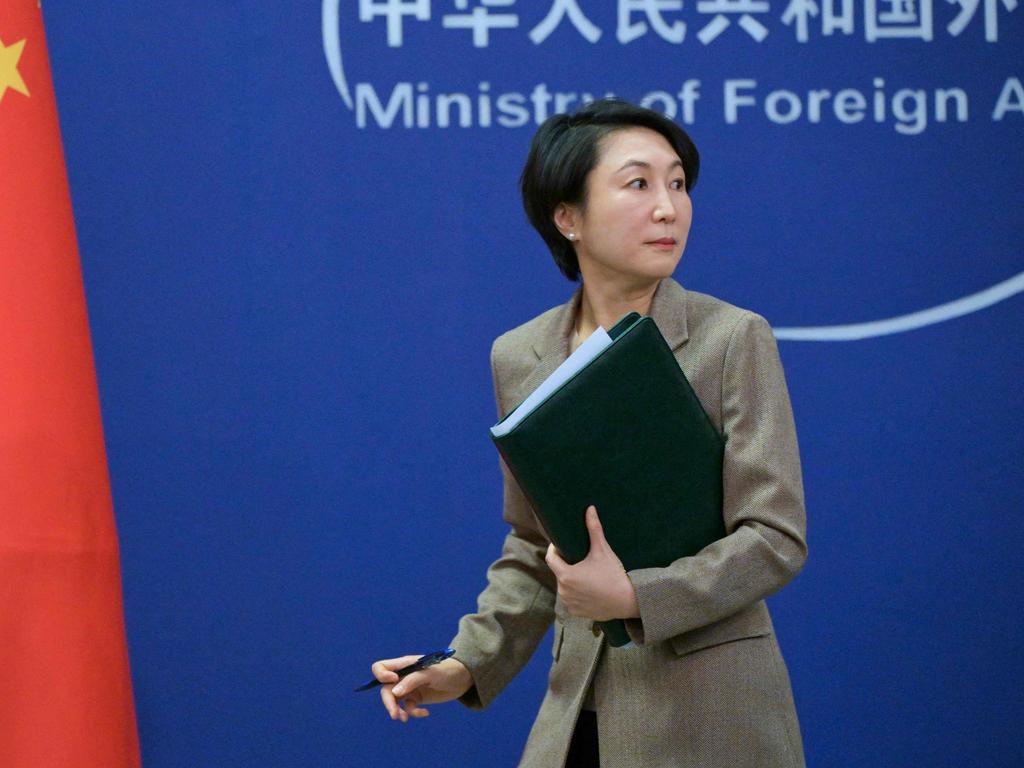
Such influence is expected to target Chinese interests such as undersea mining of Pacific Island resources, access for China’s fishing fleets – and military visits to ports and airfields.
However, the Pacific Island community is divided between those who see these proposals as a lucrative source of income and those worried about ecological, social and diplomatic fallout.
Wicked games
“Those accustomed to engaging in ‘dollar diplomacy’ should understand that there are things in the world that money cannot buy,” Chinese Foreign Ministry spokeswoman Mao said on Wednesday. She immediately added: “China is the world’s second-largest economy. The resumption of diplomatic relations with China and the pragmatic co-operation with China will bring unprecedented development opportunities for Nauru.”
Australia cannot afford to engage in a diplomatic bidding war.
And an increasingly isolationist United States is also showing signs of reluctance.
Then there’s the matter of value-for-money.
“It’s been demonstrated time and again that development co-operation is not an effective insulator against geopolitical chicanery,” argue Keen and Sora. “Just look at Solomon Islands.”
It’s an experience shared by Taiwan.
Responses to a Foreign Ministry’s social media post about Nauru saw many arguing that Taipei was better off without allies only interested in money.
That may not be an option for Canberra.
“What’s certain is that the stakes are increasing in the Pacific, and Australia will have to lay out more to stay in the game,” the Lowy Institute analysts state, “because this is not a table from which it can walk away.”
Jamie Seidel is a freelance writer | @JamieSeidel






